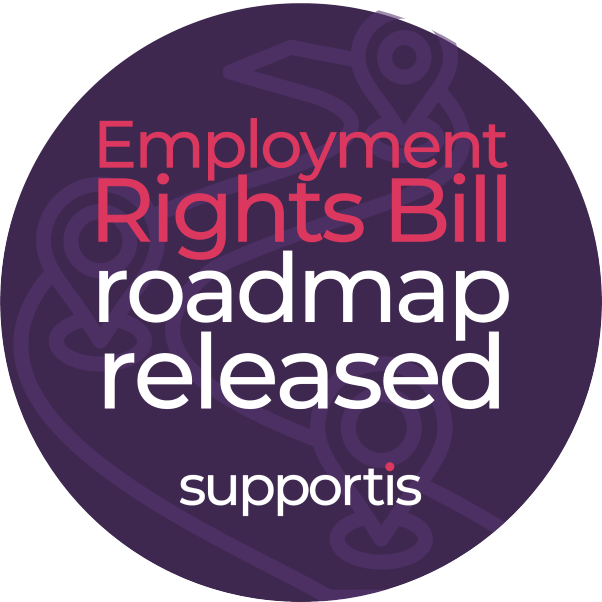The Easter holidays are next week, 7th-10th of April, with this in mind, we explore what UK employers need to know about allowance and pay…
There is no automatic right to time off on a bank holiday. This may be a surprise to some, however, similarly there is also no statutory entitlement for workers to not work on bank holidays, instead, this is determined by the wording in contracts of employment. An employer can dictate this depending on the operational needs and type of business.
Ahead of the long weekend next week, specific contractual wording should be checked carefully to determine your position on time off for bank holidays. For example, if your holiday allowance is statutory minimum (5.6 weeks annual leave, including bank holidays) then you will need to give your employees time off in lieu (TOIL) if they work on a bank holiday.
You do not have to pay an enhanced rate for any hours worked on a bank holiday, although offering this will keep employees motivated. You must ensure employees are receiving at least national minimum wage if they work a bank holiday, or if their usual contractual pay is higher, then they must receive at least this rate. Bear in mind, national minimum wage goes up on 1st April to £10.42 an hour (for those aged 23+).
Any holiday requests received for next Friday or the following Monday are to be considered in line with your annual leave policy. If there is a business need for an employee to work, remember that refusing a request is allowed if it is reasonable. You could also offer unpaid leave or banked time off in lieu, or a shift swap if employees need the day off.
Part-time workers are entitled to time off on bank holidays on a pro rata basis subject to the terms of the contract.
It’s important to communicate to your employees what the arrangements are for Friday 7th April and Monday 10th April in good time to help your workforce feel prepared and motivated. Aspects such as availability of IT support and line manager availability is important to communicate ahead of time also, to ensure service delivery and productivity are unaffected by the bank holidays.
Offering incentives such a sweet treats or relaxing a dress code can help to motivate staff that are working over bank holiday.
If your annual leave your matches the financial year, 2023/24 poses a problem. Next year, Good Friday falls on 29th March. Therefore there will be 9 bank holidays in the leave year 2023/24, but only 7 in 2024/25.
Your contractual wording will determine whether or not an additional day needs to be given in 2024/25 or not given in 2023/24. If you only give statutory minimum holiday allowance, this will need to be managed carefully to ensure you’re meeting your obligations under the working time regulations.
If you need any further advice or support on anything discussed in this article, or anything else, HR–related, our friendly team are available to discuss your needs on 0161 603 2156.




